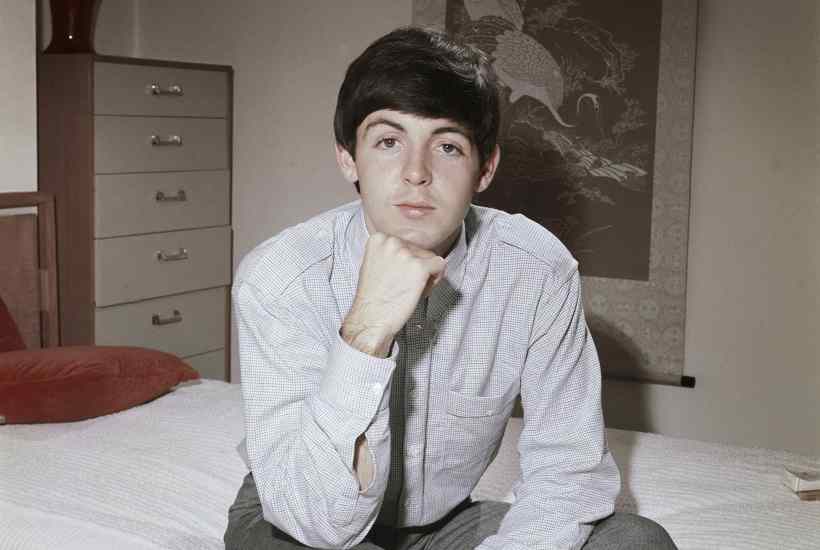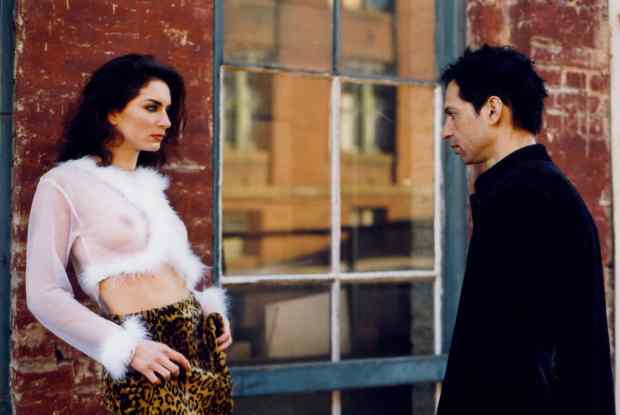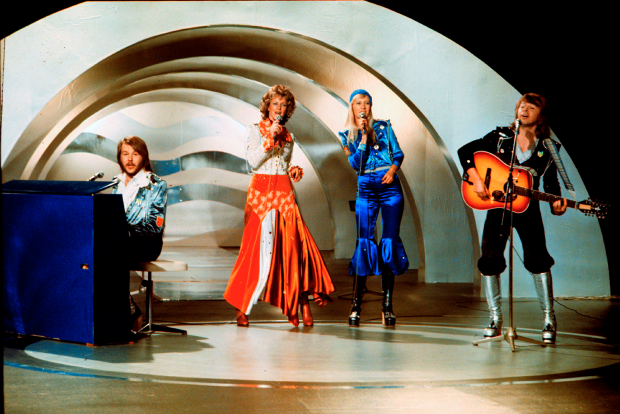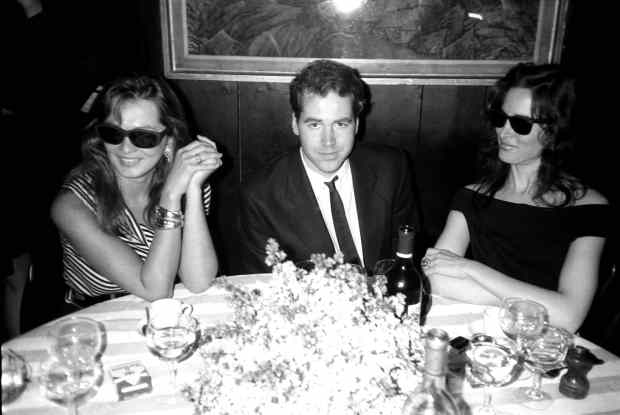The Paul people are out in force these days. A New Yorker profile, a book and a new documentary have put the Beatles, and particularly Paul, back in the papers. Not that they, or he, ever left.
I should admit a bias. I have the same first name as John, and being a man of straightforward loyalties I took him as my favourite early on. Even now I find him the most interesting of the four: vain, sardonic, nasty, boyish, thoughtful, wounded; bright-eyed and pugilistic and blessed with an undermining cleverness that left him bored by whatever he came across. The even-tempered Paul just doesn’t entrance me in quite the same way.
As of this year John Lennon has been dead for longer than he lived, and Paul McCartney, who will be 80 next June, has a short podcast series out, available on BBC Sounds. In gobbet-sized episodes, he explains how he wrote the songs. He sounds his age. His voice is flat, his breathing newly laboured. The most interesting thing about Paul is how normal he is. One can imagine John becoming a majestic, ruined crank by 80. Paul just sounds like anyone.
He has so little insight into how it all happened. Inspiration was ad hoc, he worked with what he had to hand. The tune for ‘Yesterday’ came to him in a dream. Eleanor Rigby’s last name was lifted from a shopfront; Father McKenzie got his from the phonebook. It’s as though Paul has become the keeper of his own trivia. He knows the quotidian ‘when’, ‘where’ and ‘what’ that wait on the more enigmatic ‘how’ and ‘why’ of genius.
In the episode on ‘Got to Get You into My Life’, for instance, Paul can explain that it’s about wanting to smoke pot. But he can’t tell me why I turned the episode off to listen to the song six times in a row. I suppose that is the job of criticism, though everything about the Beatles passes explanation. Something about the throbbing, swelling brass part, I think: the way it crescendos to McCartney’s bark of enthusiasm. The music hits me like a new crush; it fills my lungs and gut with levitated shimmer.
This is the same story we’ve heard a thousand times. I’m not sure there are any new details in this series — or if there are, I’ve already consumed so much Beatles trivia that I can’t distinguish fresh meat from old rope. None of it explains why the songs are magic, or why the whole story makes me weep copious, callow bucketfuls. Particularly the early stuff. Those moptop smiles and screaming girls can’t disguise that sinking feeling; they’re charged with a sense of impending entropy.
Things fall apart. If the Beatles represent everything transient and bittersweet about that, then the other side of the coin shines less brightly. This is the idea of nemesis, a universe constructed on malevolent axioms. Here, only one man will do: Thomas Hardy.
I had missed Hardy’s Women, a series of adaptations that played earlier this year, also on the BBC, whose radio output continues to put the podcasting world to shame. It claims a ‘fresh take’ on Hardy’s novels, putting his female characters at the centre of the narrative. Of course, this isn’t fresh at all. For one thing, the idea of retelling a story through the eyes of a female character is stale as ship’s biscuits. For another, Hardy is one of the canon’s peculiar proto-feminists, and already did a pretty thorough job of making his women into real, three-dimensional characters. It’s hardly new to make Tess Durbeyfield the centre of her own story.
Still, this was good stuff, detailed and well-made radio drama that trusted its listener’s intelligence and retained Hardy’s brilliant dialogue. The adaptation of Tess is perfectly fine, but the pick of the bunch is ‘Two on a Tower’. It’s a lean adaptation of a minor novel that relates the doomed romance between a young married woman and an astronomer. (‘The hand of Ethelberta’, by contrast, can do only so much with its source material.)
Everything goes wrong, of course, for these literally star-crossed lovers. That everything goes wrong is the heart and root of all human storytelling. Still, between the neat adaptation of one story, and the 100th retelling of another, I couldn’t but feel a sense of our present moment’s cultural fatigue. Remake, retelling, origin story and adaptation now make up the lion’s share of narrative media. We like these stories. We’re happy to hear them again. But it’s time for some new ones too.
Got something to add? Join the discussion and comment below.
Get 10 issues for just $10
Subscribe to The Spectator Australia today for the next 10 magazine issues, plus full online access, for just $10.
You might disagree with half of it, but you’ll enjoy reading all of it. Try your first month for free, then just $2 a week for the remainder of your first year.














Comments
Don't miss out
Join the conversation with other Spectator Australia readers. Subscribe to leave a comment.
SUBSCRIBEAlready a subscriber? Log in